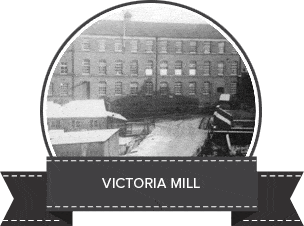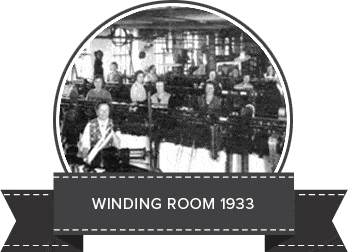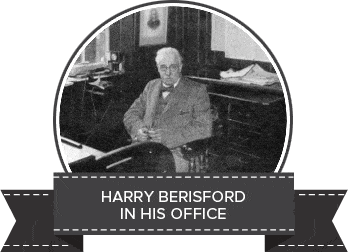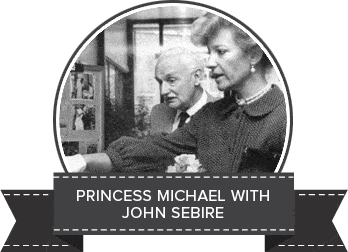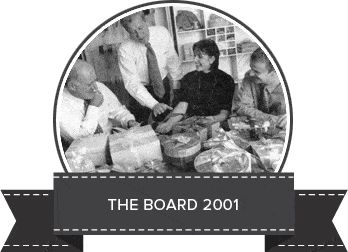This website uses cookies so that we can provide you with the best user experience possible. Cookie information is stored in your browser and performs functions such as recognising you when you return to our website and helping our team to understand which sections of the website you find most interesting and useful.
Strictly Necessary Cookie should be enabled at all times so that we can save your preferences for cookie settings.
If you disable this cookie, we will not be able to save your preferences. This means that every time you visit this website you will need to enable or disable cookies again.
Google Analytics- We would like to set Google Analytics cookies. Google analytics information is collected in a way that does not directly identify anyone, we use data to help us optimise site functionality and give you the best possible experience.
HotJar - We use HotJar to examine and improve our sites User Experience. With the use of Hotjar, no data is passed on, there is no additional information about data recipients.
Please enable Strictly Necessary Cookies first so that we can save your preferences!

